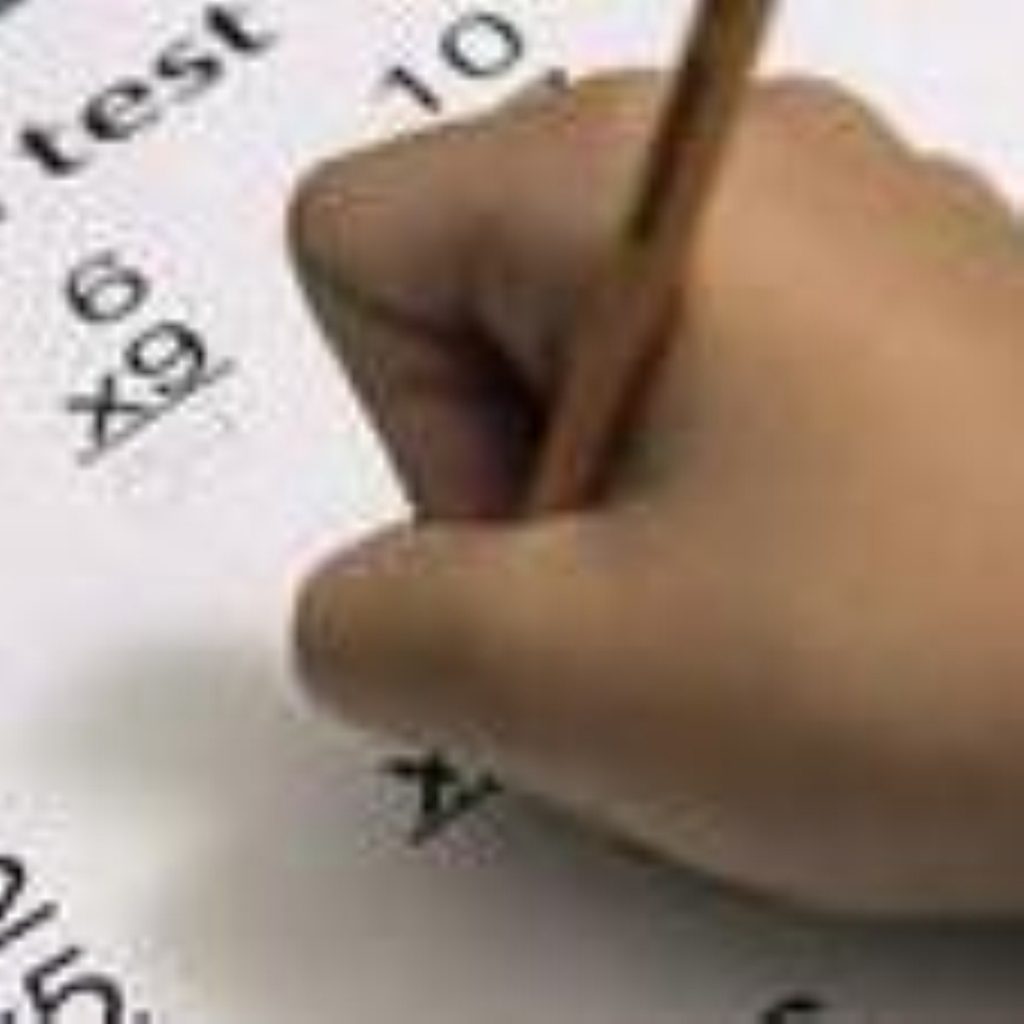One on four pupils failing maths
Nearly 25 percent of primary school students are not meeting the expected mathematics performance standard, according to a National Audit Office (NAO) report.
The government’s spending watchdog said meeting attainment targets for mathematics will prove a “significant challenge”.
Rates of progress are reportedly very low, with 66,000 students unable to reach the expected standard in mathematics in 2007. But records of previous high-scoring results suggest these students could actually do very well in the subject.
An attainment gap of 20 percent between pupils from disadvantaged backgrounds and well-off backgrounds at age 11 was also noted in the report.


A gender divide is also apparent, with girls are progressing at a lower level than boys.
In addition to slowed rates in recent years, the report also detects weaknesses in the assessment of pupils’ progress, as well as the use and application of mathematics.
“The department needs to improve how teachers assess pupils’ progress throughout the primary years, so they can support every child to do their best in mathematics,” said NAO head Tim Burr today.
He said this expected level of attainment must be met in order for pupils to further their study of mathematics, and to take classes in science related subjects as well.
Despite the high number of students still unable to meet expected standards, in 2007 the results in the national tests surpassed previous records.
“Maths is one of our key priorities and that’s why we raised results from only 59 per cent of 11-year-olds achieving the expected standard in 1998 to 77 per cent in 2007 – a big jump,” said schools minister Sarah McCarthy-Fry in response to the report.
“We welcome the NAO’s recognition that our major investment to boost primary maths over the last decade has paid off with significant improvement in children’s attainment,” Ms McCarthy-Fry added.
She also called attention to and improvement in disadvantaged areas.
But she did admit the rate of improvement has slowed in recent years, saying the Department is “impatient to do even better to help all children reach their potential”.
Striving to “reverse the ‘can’t do’ attitude to the subject,” the Department plans to invest £24 million in a training program which aims to provide a specialist math teacher for every primary school.
A sum of £50 million is expected to go to Every Child Counts, another education program meant to give one-to-one support to pupils who need extra help.

